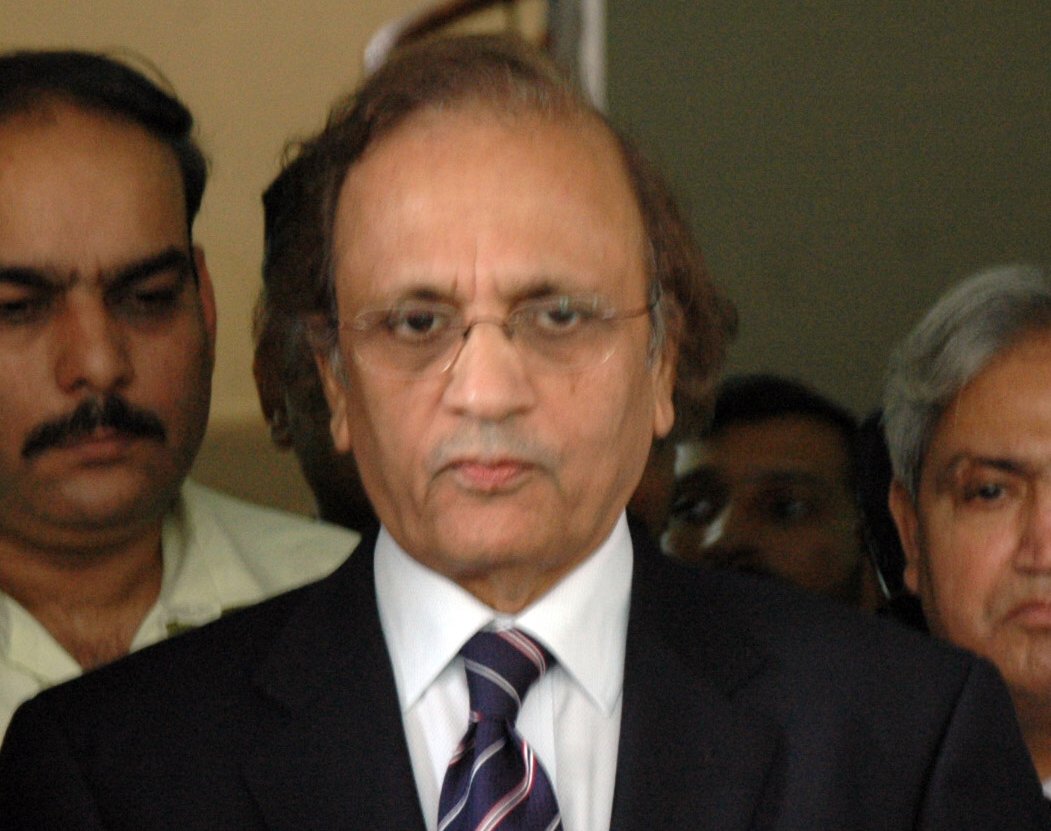
"The court inspires people trust not because of popular decisions but because it is defender of the Constitution and rule of the law", he observed adding that it provides access to justice to all without any fear or favor and once there is trust the people respect and comply with the decisions which may not be popular.
Tassaduq Jillani said that this is a trust, reposed by the people of Pakistan through the Constitution, which gives the authority to adjudicate to decide and to ensure enforcement of their rights and laws. This trust is more powerful than the sword, stronger than the barrel of the gun and more lasting than purse, he remarked.
The chief justice said that judges cannot sit as timorous souls when the mandatory provisions of the constitution are either not complied with or disregarded adding that in absence of responsive an credible institutions of law enforcement, people tend to bring every cause, grievance and lis before the courts in particular before the courts.
CJP said that hundreds of the petitions are received by the Human rights cell of the Supreme Court everyday and most of the complaints are against the police or against the executive authorities.
He reiterated the resolve that the judiciary will continue to tenaciously uphold and implement the Constitution and the laws of the country. The lawyers have a role to play both in dispensation of justice in court and also in defending and preserving the seminal values of the Constitution and ushering in a social transformation, he told the gathering.
"Lines have already been drawn as there are those who wanted to break these values in the name of faith or their narrow worldview while there are others who would like to defend these values", he said, adding that being as a class committed to constitutionalism lawyers have no choice but to stand up and courageously uphold the rule of the law.
Commenting on the role of the courts, the top judge said that the court has a role to bridge the gap between the law and the society and consideration is particularly relevant to the powers of Supreme Court under the Article 184(3) of the Constitution. He pointed out that suo moto notices were taken in alleged cases of corruption because there was a general perception that concerned state institutions were delinquent in performing their duties under the law adding that dealing with the suo moto cases the emphasis was laid on the fact that any policy framed with the objective of uplifting the socio-economic conditions of citizens must in all circumstances ensure enforcement of their fundamental rights.
The courts want that laws and the Constitutional command be strictly enforced as the jurisprudence developed tin this context reflects three principles as there can be no compromise on the enforcement of the rule of the law, he said, adding that the "true Islam does not countenance intolerance, violence and repression and any activity within the country which has a potential to have nexus with crime committed outside the country, be it a financial crime or an act of terror, has to be brought to justice under the law" quoting the famous quote of Dr. Martin Luther King that "injustice anywhere is a threat to peace everywhere."
He however said that courts by and large refrains from interfering in matters of public policy as it is not the function of the court to get embroiled in politics or passions of the day whereas perception on such matters has been that the Constitution does not constitute courts as platonic guardians nor does it vest in court the authority to strike down laws because they do not meet standards of our desirable social policy, wisdom or commonsense. "In certain cases the superior courts acted as social engineers and catalysts of the change," he said.
Justice Jillani observed that Supreme Court in several judgments have given liberal interpretation to fundamental rights provision of the Constitution and promoted rule of the law and democratic norms.
"In a case it interpreted the right to freedom of association to include the rights of political party to keep functioning."
"It further expanded this right by holding that political party if in power had the right to complete its term unless its government is ousted under the Constitution," he added.
Chief Justice of Sindh High Court Justice Maqbool Baqar and Sindh High Court Bar Association President ZK Jatoi also spoke on the occasion.

















COMMENTS
Comments are moderated and generally will be posted if they are on-topic and not abusive.
For more information, please see our Comments FAQ